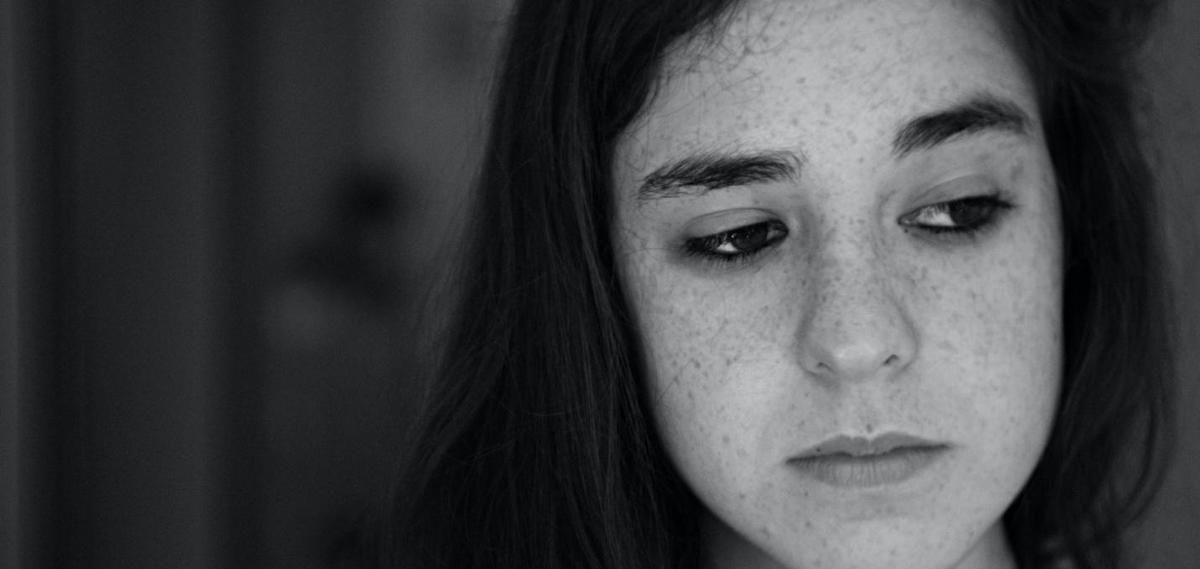Stop Parent Blaming for Eating Disorders
Find the Help You Need
I've had a lot of distraught parents calling me in the last few weeks because they just found out their child is suffering from anorexia, bulimia, compulsive overeating or body dysmorphic disorder.
Many of these parents had called doctors, counselors and other medical providers who had been either been unable to help, had implied it was somehow the parents' fault, or hadn't even called them back!
The only thing worse than finding out your child has a potentially life threatening condition is to be continually frustrated in finding qualified help. For this reason I wanted to send out a supportive article this week to parents encouraging you to follow your intuition about what is right for your child, and not to waste precious time blaming yourselves.
Don't Blame Yourself
Many years ago, when I was first beginning my social work training as an eating disorders therapist, one of my supervisors gave me a chilling piece of advice that I never forgot. In a conspiratorial tone she confided, “My primary goal in therapy is to rip daughters away from their mothers.”
Although I was a young person myself and not yet a mother, this advice filled me with unease. Didn't children need their mothers, and their fathers for that matter? Even though I'd had many conflicts and disagreements with my own mother during adolescence, I still loved and needed her (and still do today!).
The view of my former supervisor is not uncommon. Although I was originally trained to act on the premise that most children develop eating disorders because they have controlling mothers and under-involved fathers, over the years I quickly realized that this is most often simply not true. Parents of children with eating disorders are generally kind, hard- working, and fair parents who are racked with worry about the health of their child.
The Role of Parents in Recovery
Eventually, I followed my instincts and quickly discovered that if I included parents in the treatment process and took into account their astute observations about their child, the information they provided helped me to accelerate their child's recovery. I also realized that in most cases parents had an overwhelming amount of love and dedication to their child's recovery but were lacking the knowledge to put them to the best use.
(Continued on page 9 of Parents’ Quick Start Recovery Guide: Finding Help Fast When Your Child or Teen Has An Eating Disorder )
Resource: Parent Guide
… I reprint this section of my Parent Guide today because I want to offer parents much needed support in this article. I regret to say that even today, over TWENTY YEARS since that fateful conversation with my supervisor, I am still counseling parents who have been blamed unfairly for their child’s eating disorder. This blame can feel humiliating when they are doing their very best to exhaust every avenue to find quality treatment for their child.
Why does the counseling community still overwhelmingly demonize parents when it comes to eating disorder recovery?
This is not to say that there aren’t fantastic therapists out there who don’t blame parents, but they are, in my experience speaking with parents, few and far between. My guess as to why this harmful attitude is still so prevalent is:
- Even from the beginning of psychology as a recognized profession, the founders’ views were skewed towards parent-blaming, especially mother-blaming. These views are over 100 years old and still ingrained in counseling curriculums.
- There is a biased emphasis on the role of the family in mental illness, and a lack of focus on societal pressures to be perfect, beautiful, thin and successful.
- There is a lack of FUNDING for treatment, research and prevention of eating disorders, so it’s “easier” in a way to blame the parents instead of these larger institutional problems can feel overwhelming to solve.
Helpful Tips
In the meantime, what is a parent to do when faced with these formidable obstacles?
- As a parent, listen to your gut about what your child needs. If your child’s doctor, therapist or psychiatrist is not including you on her treatment team, speak up! You are one of the foremost authorities on your child and your input is priceless. If a health care provider doesn’t ask for that input, it’s a huge red flag.
- Remember that there are many complicated factors that contribute to the development of an eating disorder, and parent influence is only one. If a therapist suggests there are elements you need to change in your parenting style, that’s one thing; if he or she blames you for the eating disorder, look elsewhere.
- Don’t be afraid to get a second opinion. No therapist or doctor should become defensive if you tell them you would like to get more input about your child’s eating disorder. Personally, I encourage potential patients to interview several therapists, doctors and nutritionists before they decide to bring their child to see me. I see this as a sign that the parents are devoted and involved in the treatment process, and those are the parents who are invaluable to ME in my work to help a child get better quickly.
Please remember that I offer emergency Skype and parent coaching, even if you live across the country or around the world! Your child CAN get better, and without shaming parents.
To your child’s recovery,
Lori










